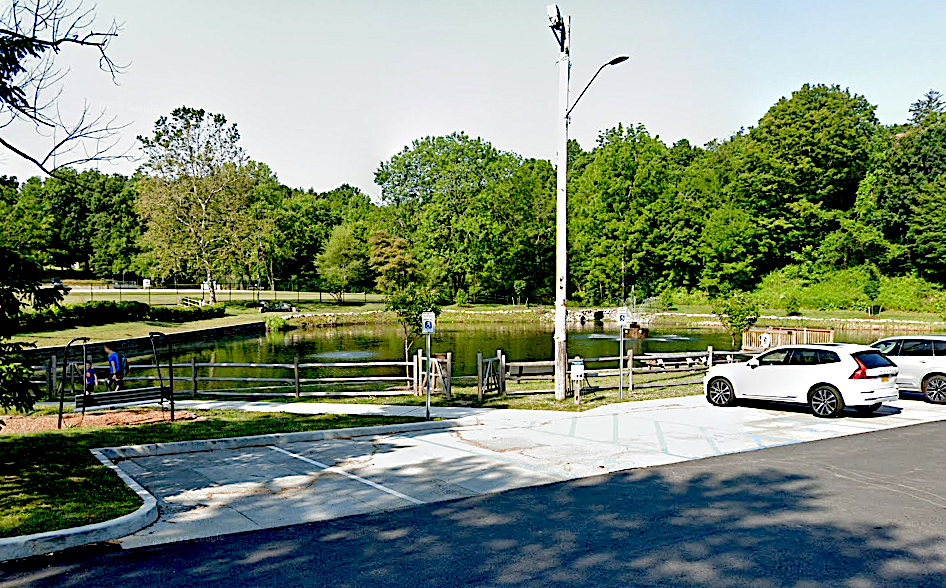Bird flu has been detected in Thornwood. Late in the day on Friday, Feb. 9, Town of Mount Pleasant officials reported they had received confirmation that the Canada geese found dead at the beginning of the week at a pond in a Thornwood park tested positive for bird flu. That followed an announcement earlier in the day from Gov. Kathy Hochul that bird flu had arrived in the New York Metro area, with a total of seven cases reported so far in poultry, and she ordered all 80 live poultry markets in New York City, Westchester and Long Island closed.
Testing by the New York State Department of Environmental Conservation (NYSDEC) found two separate strains of the disease in the dead geese found in Thornwood. Mount Pleasant officials said that Carroll Park in Thornwood will remain closed until further notice.

“The positive results are not surprising considering the presence of the disease being seen in various bird species across New York and other parts of the nation,” Mount Pleasant Supervisor Carl Fulgenzi said. “We now definitively know what we’re dealing with. We will be working closely with the DEC and the Westchester County Health Department in implementing a cleaning protocol for the park.”
Mount Pleasant Police Chief Paul Oliva noted, “As the disease continues to spread among bird species, the exposure to humans grows at the same time.” He also cautioned pet owners to avoid any areas where geese have left droppings, which carry the disease.
Back on Feb. 3, Westchester County Health Commissioner Dr. Sherlita Amler said, “Taking preventive steps — such as avoiding contact with sick or dead birds and following proper hygiene practices — helps protect both public health and our local wildlife.”
The county urged that if a dead bird is found on a property, it should be disposed of in accordance with New York State Department of Environmental Conservation (DEC) guidance. Proper precautions include wearing disposable gloves, a mask, and eye protection. Avoid direct contact with the animal and its fluids; keep children and pets away, use a shovel, and wash hands and clothing immediately after with soap and hot water. Carcasses should be triple-bagged in garbage or contractor bags and placed in an outdoor trash can.
Amler said, “The virus can be airborne, and you don’t want it getting in your eyes, nose, or mouth. Always wash your hands and clothing with soap and water after disposing of a dead bird.”
Amler also advised residents to keep their pets away from sick or dead birds and not to directly touch any sick or dying animal.
















